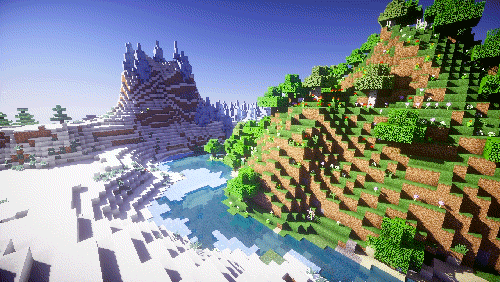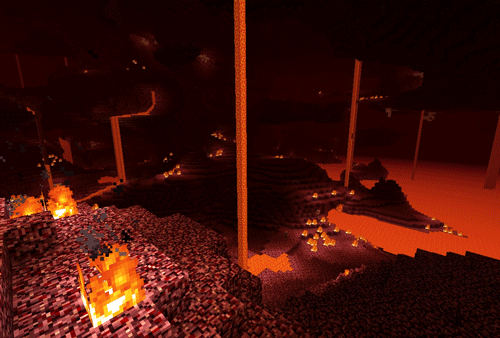Having acquired the grand old age of 32, a lovely wife and a penchant for cooking aspirational middle-class dinners, Josh Drummond examines the nagging question of where to find time for games.
My name is Josh Drummond, I’m 32 years old, and I play videogames.
Just not very much, apparently. With this videogame writing gig came a realisation; I don’t actually play games that much these days. I thought it was a symptom of my advanced age, and living a grown-up life – work, cooking dinner, spending time with my wife and friends, exercising, working on my in-spare-time business, writing. I have a fairly full life, it suddenly occurs to me.
I am not complaining. Not being able to find time for what is, ultimately, a relatively pointless and expensive hobby is very much what we glibly term a first-world problem. Perhaps unfortunately, I love videogames. I find playing them both relaxing and exciting, something utterly absorbing and yet wholly inspiring.

But the fact remains that games are incredibly time-consuming. I spent upwards of 80 hours finishing the latest Grand Theft Auto, and that’s ignoring the time I spent with my brothers and a few mates over at my place, taking turns to hoon around, killing and blowing up as much shit as possible. Modern big-name games take hours, often hundreds of hours, to finish to any degree of completion, and that’s just the single-player. Multiplayer is even more of a time-sink. As responsibilities stack up, this become harder to justify. Maybe that’s why hard-core gamers call themselves as stupid a name as “hard-core gamers.” It’s identity-building; a way of attaching massive importance to gaming, thereby justifying the time spent on it.
I still want to spend time on it, though. The only thing for it is to find time.
Finding time for anything is a bit of a misnomer. “Taking time” is much more accurate. I’ve literally had to steal time from other bits of my life to invest in gaming. I started with low-hanging fruit: Internet bullshit. Reddit went unread, and so did Twitter and Facebook. Stuff stuff.co.nz, I’d rather play Minecraft, so I did.

Another weird trick (spouses hate him!) is stealing time from downtime. Any given game of Rocket League is done in around in five minutes. Mobile-friendly games like Hearthstone can be played, slightly yuckily, on the loo, if you can stand friends and co-workers speculating about your bowel health. Sadly, taking a cigarette break is becoming less and less socially acceptable, but it’s probably still worth taking up smoking just so you can take frequent ten-minute breaks to suck a durry while you play Terraria with one hand.
The problem of big-name, high-investment games remains. Those hundreds of hours are hard to find, and if the game isn’t engaging enough to prevent thoughts of “I could be doing something else right now” from breaking in, playing can become a downright chore. The solution is playing only amazing games. There are far too many good games out there than any one person can actually play, so you can afford to be fussy. Actually, games are so damned expensive that you can’t afford not to be fussy. Don’t waste time on bad games. Life is too short.
When gaming is good, it’s best of creation and consumption, all jumbled up together – a treat for the bits of the brain that supply dopamine in return for risk and reward. It’s like reading, except it’s much more shareable – instead of your own private hallucination of someone else’s imagined universe, you get to occupy one that is to some degree objectively real, and a mate can come too. You can collaborate on world-building in Minecraft; shoot aliens (or each other) in Halo, or endanger your marital stability with Mario Kart. Even single-player games have shared stories; emergent narratives that come out of a singular experience can still be shared with others who play the game. They’re at once familiar and unique. Pointless and expensive, sure, but super fun, fun like nothing else. (And on the “expensive” note, it suddenly occurs to me that if you are investing hundreds of hours into a hundred-dollar game, the cost, per hour, is less expensive than water. The only hobby that comes cheaper is masturbation.)
Single player or multi, casual or immersive: Gaming is love. Gaming is life. It’s worth taking time for.
https://www.youtube.com/watch?v=XadiXg5l6ik
This is a video of my wife Louise, my flatmate and I playing Mario Kart. Louise came 9th and didn’t speak to me for an hour.
This post, like all The Spinoff’s gaming content, is brought to you by Bigpipe, purveyors of New Zealand’s best naked broadband.



